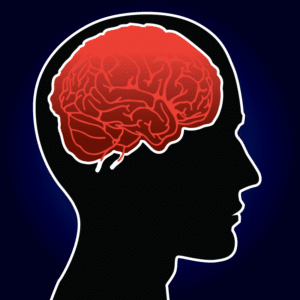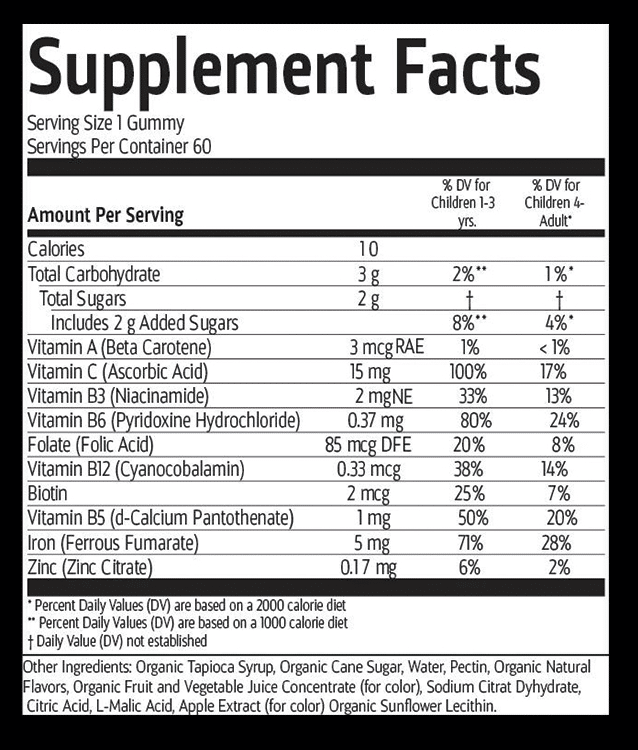
The effectiveness of the memory and focus supplements you see on television is a topic of ongoing debate and research. While some supplements may show promise in improving certain aspects of memory and cognitive function, the evidence is often limited and inconsistent. Most of these memory supplements use Caffeine in their formulas. Caffeine, while not typically marketed as a memory supplement, has been shown to improve cognitive function and alertness, which may indirectly improve memory performance.

We’ve taken a different science-based approach to improve short- and long-term memory and focus with our MaximizeHQ Memory transdermal patches. The best way to explain this is to show you our 5 proprietary formula ingredients and what they do individually and as a synergistic complex. It’s a lot to read but we think understanding our formula is really important.
- Noopept is a nootropic compound that is a cognitive enhancer. It is similar in structure to Piracetam, another popular nootropic, but is believed to be much more effective. The exact mechanism action of Noopept is not fully understood, but it is thought to work by increasing the availability of neurotransmitters in the brain, improving cognitive function and memory. It may also have neuroprotective effects by preventing damage to brain cells. Some studies suggest that Noopept may have benefits for people with cognitive impairment or neurological disorders such as Alzheimer’s disease or Parkinson’s disease. However, the evidence is limited, and more research is needed.
- Huperzine A is a natural nootropic compound that is extracted from the Chinese club moss plant, Hesperia serrata. It has been used in traditional Chinese medicine for centuries to treat various conditions, including fever and inflammation. Huperzine A is believed to work by inhibiting the breakdown of acetylcholine, a neurotransmitter that is important for memory and cognitive function. By increasing the levels of acetylcholine in the brain, Huperzine A may improve memory and cognitive function. Some studies have suggested that Huperzine A may have benefits for people with Alzheimer’s disease, dementia, and other cognitive disorders. Here again, the evidence is limited, and more research is needed.
- Vinpocetine is a synthetic compound that is derived from the alkaloid vincamine, which is found in the periwinkle plant. It is believed to improve blood flow to the brain and increase the brain’s utilization of glucose and oxygen. Increasing blood flow to the brain can improve cognitive function and memory. It may also have neuroprotective effects by reducing inflammation and oxidative stress in the brain. Some studies suggest that Vinpocetine may have benefits for people with cognitive impairment, dementia, and other neurological disorders. However, the evidence is limited, and more research is needed.
- Hordenine is a natural compound that is found in a variety of plants, including barley, bitter orange, and cactus. It is believed to have mild stimulant effects that work by increasing the levels of neurotransmitters such as norepinephrine and dopamine in the brain, which can improve cognitive function and mood. While there is limited research on the effects of Hordenine on cognitive function, some studies suggest that it may improve attention and focus. However, the evidence is not yet strong enough to make definitive conclusions about its cognitive-enhancing effects.
- Yohimbine is a natural compound that is derived from the bark of the Pausinystalia yohimbe tree. Yohimbine is thought to work by blocking alpha-2 adrenergic receptors in the body, which can increase the release of norepinephrine and promote fat burning. It may also have effects on serotonin receptors, which can improve mood and cognitive function. While there is limited research on the effects of Yohimbine on cognitive function, some studies suggest that it may improve memory and attention. However, the evidence is not yet strong enough to make definitive conclusions about its cognitive-enhancing effects.
There are other ways to improve our short- and long-term memory as we age. Exercise, diet, and stimulating habits and lifestyle activities to name a few. They all challenge our brains and help to keep and maintain mental acuity.



